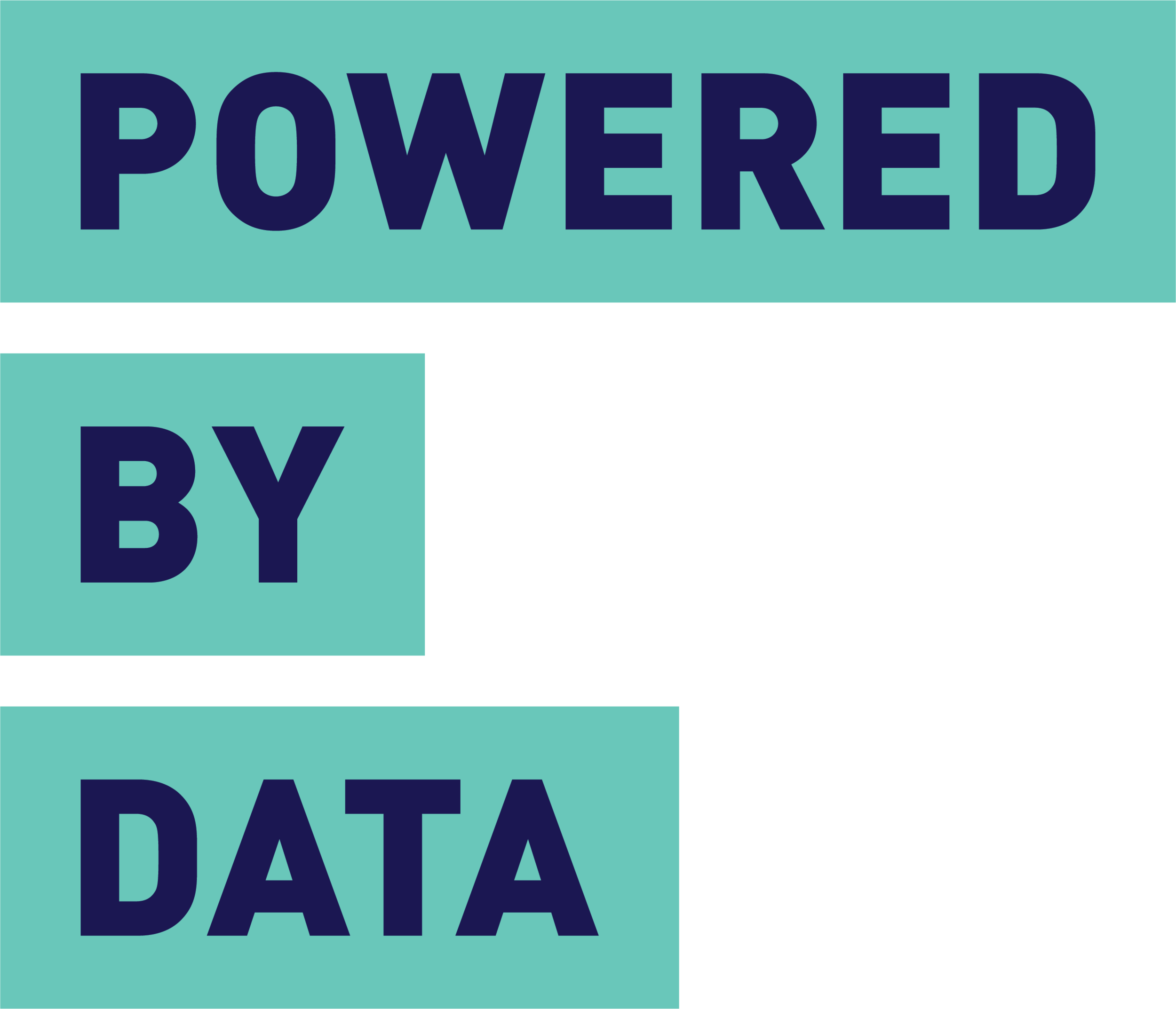Starting an open data dance party
If you haven’t already seen the video above, there’s something magical about it. A man is dancing by himself at a music festival. He may look a bit strange, but he’s committed to it nonetheless. Then another person joins in. And then another. And then… well, you really should watch it if you haven’t already.
Apart from being entertaining, the dance party effect in that video is — we hope — a metaphor for what’s about to happen with open data and major Canadian grantmakers.
Last summer, the Ontario Trillium Foundation began publishing its grants as open data. In the context of Canadian philanthropy, that makes them the first one to start dancing. What they’re doing is notable and different, although why they're doing it may not be immediately clear to an observer. A one-person dance party seems a little odd until someone else joins in.
And that’s what appears to be happening. The Canada Council for the Arts recently launched an open data pilot project, publishing data about their grants for the past two fiscal years. That’s no small feat: the Council made more than 12,000 grants during that period, which add up to roughly $290 million in funding disbursed. They also have plans to augment their data with shared unique identifiers — business and charitable numbers, to be specific — which will make it more interoperable with other sources like the OTF’s data.
The dance party effect is all about building up a critical mass. Not everyone will be an early adopter, and that’s ok. For a grantmaker, it’s often other imperatives — be it a desire for evidence or a government policy — that motivate them to think about data and make those early moves. But as more and more of them do, it starts attracting the attention of their peers in the community. That’s how you start building something like 360Giving: a shared data standard that builds on efforts from around the world.
Open data moves at a pace of months and years rather than minutes, but this may be the start of a trend. We’ll be watching to see who’s the next funder to join Canada’s open data dance party.
